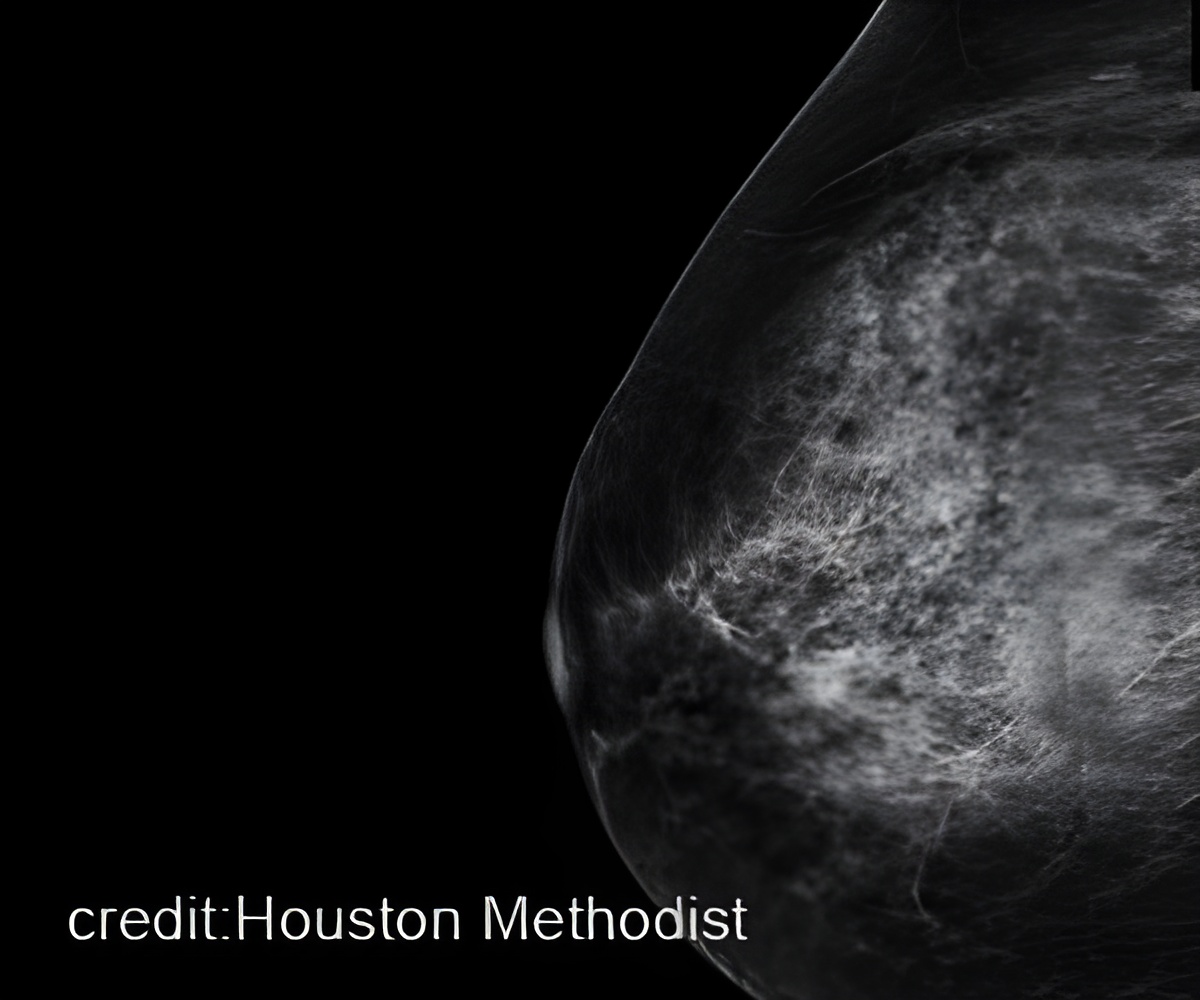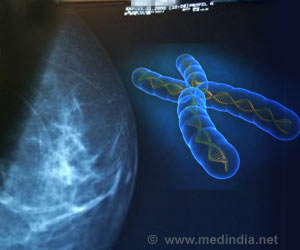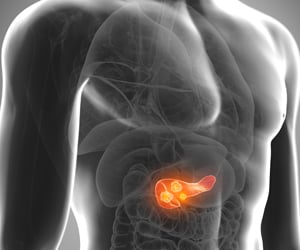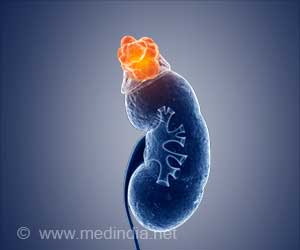Study identifies the effect of MAF amplification on the outcome of treatment with adjuvant zoledronic in breast cancer patients.

TOP INSIGHT
MAF amplification is an approach that allows the stratification of breast cancer patients that would benefit from the use of zoledronic acid in the adjuvant setting from those that may be harmed.
Bone metastasis is the only type of metastasis that can be controlled, but not cured, by drugs. Treatment is only given once the metastasis has been identified, which is normally too late. Preliminary studies indicate that the same drugs used to treat metastasis could also be used to prevent it, and identifying those patients that would benefit from the treatment is therefore very important. "This is where the discovery made at IRB Barcelona and validated by the current study could be of great use to clinicians and would avoid unnecessary treatment of patients who would not benefit or could be harmed by the treatment," suggests Prof Gomis, group leader of the Growth Control and Cancer Metastasis.
About one million new cases of breast cancer are diagnosed each year. Preventive treatments can have unwanted side effects and come at a cost, making broad administration of the drugs an unviable option, even less so considering that 4% of patients are likely to be harmed by the treatment. "In order to implement a companion diagnostic, we first need to know which patients may benefit and which ones will not. Our discovery offers a way to distinguish what wasn't possible before," confirms Prof Gomis.
MAF stratifies zoledronic acid treatment in breast cancer patients
This study has focused on the association between treatment benefit, MAF amplification and outcome. In MAF-negative patients, the inclusion of zoledronic acid in the adjuvant setting was associated with improved outcomes irrespective of menopausal status. In contrast, in non-postmenopausal MAF-positive patients at the start of the treatment, increased adverse outcomes and mortality were observed. Assessment of MAF status has the potential to become an objective approach to select breast cancer patients for the inclusion of adjuvant bisphosphonate (i.e. zoledronic acid) treatment.
Additional clinical trial underway
The study, published today in the open access Lancet Oncology, one of the most-read specialized oncology journals, is an ongoing technology transfer project at IRB Barcelona. The discovery has led to the creation of the company Inbiomotion, founded by Gomis and in which ICREA also participates. The spin off received funding in 2012 and 2016 from the venture capital companies Ysios Capital, Caixa Capital Risc and the Vila Casas Foundation to develop the tools necessary for the clinical trials.
Source-Eurekalert
 MEDINDIA
MEDINDIA




 Email
Email




